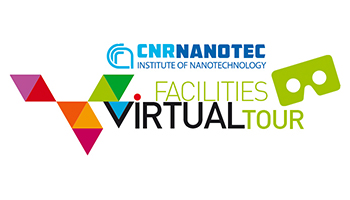The optical computation of the spin glass dynamics
Abstract
The solution of large combinatorial problems demands novel hardware architectures enabling for faster and inherently parallel calculation. An emerging trend is that of pairing an optical layer into a specific digital or analog computation scheme, in order to improve performance while reducing computational costs and processing times [1]. By exploiting last generation optical modulation devices, millions of light rays can be driven simultaneously between several states and within a microsecond time frame, thus providing a scalable optical platform to solve computationally hard problems at the “speed of light”. Spin Glasses (SG) are paradigmatic models for physical, computer science, biological and social systems. The problem of studying the dynamics for SG models is NP-hard, i.e., no algorithm solves it in polynomial time.
In a recent paper [2] we implement the optical simulation of a SG, exploiting the N segments of a wavefront shaping device to play the role of the spin variables, combining the interference at downstream of a scattering material to implement the random couplings between the spins (the Jij matrix) and measuring the light intensity on a number P of targets to retrieve the energy of the system. By implementing a plain Metropolis algorithm, we are able to simulate the spin model dynamics, while the degree of complexity of the potential energy landscape and the region of phase diagram explored is user-defined acting on the ratio
the P/N = α . This approach enables to follow the dynamics of the SG and to retrieve and study the Parisi parameter.
Our approach is inherently scalable: we demonstrate optical supremacy with respect to digital calculation for large systems (N>12000).
References:
[1] Daniel R. Solli & Bahram Jalali, “Analog optical computing” Nature Photonics 9, 704 (2015).
[2] M. Leonetti et al. ,“Optical computation of spin glass dynamics with tunable complexity” PNAS 118 (21) e2015207118 (2021).
